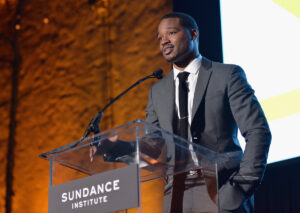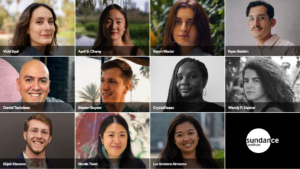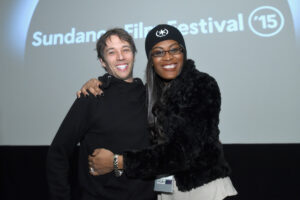Nate von Zumwalt
A story is a story is a story—or at least that’s how we see it. Last month we announced that the BBC World Service and Sundance Institute are inviting storytellers to submit original, essential, and thought-provoking audio documentary stories and treatments for a new, nonfiction radio broadcast and podcast series to launch in 2018 (click here to learn more and submit).
We’re casting a wide net and calling on nonfiction storytellers across various mediums to submit their stories that explore the world as we experience it today. As a guiding hand, or perhaps even a creative catalyst, storytellers can explore the full range of audio documentary programs available through the BBC World Service website. These programs can also be found by searching for “The Documentary” in iTunes or Android.
In the annals of storytelling, audio’s legacy is an indelible one. Even among today’s busy media landscape and access to content, audio storytelling flourishes as a home for rich narratives. But what makes for great audio? We turned to BBC’s Simon Pitts for some resources that could go a long way in serving your submission to the BBC and Sundance Institute. Here’s what he had to say.
1) Audio Production Is Like Music Composition
Audio takes words and sounds and makes music out of them. These are the words of Alan Hall who features in this linked guide about layering sound. It has some great case studies in it, put together by prize-winning producers and gives a really good flavour of how to tell very short audio stories. It’s a great place to start and it’s only 23 minutes long. Listen here.
2) Audio Is About Compelling Stories
This below episode features Jon Ronson, the best-selling author of The Men Who Stare at Goats, which was adapted into a film starring George Clooney. In this download he discusses compelling stories with some other great and experienced audio producers. Listen here.
3) Audio Is About Intimacy
This episode is about rapport. Audio is a much more intimate medium than film—interviewees typically feel much more comfortable not showing their face and not having to look good. So you can get a very different feel from interviews. Listen here.







